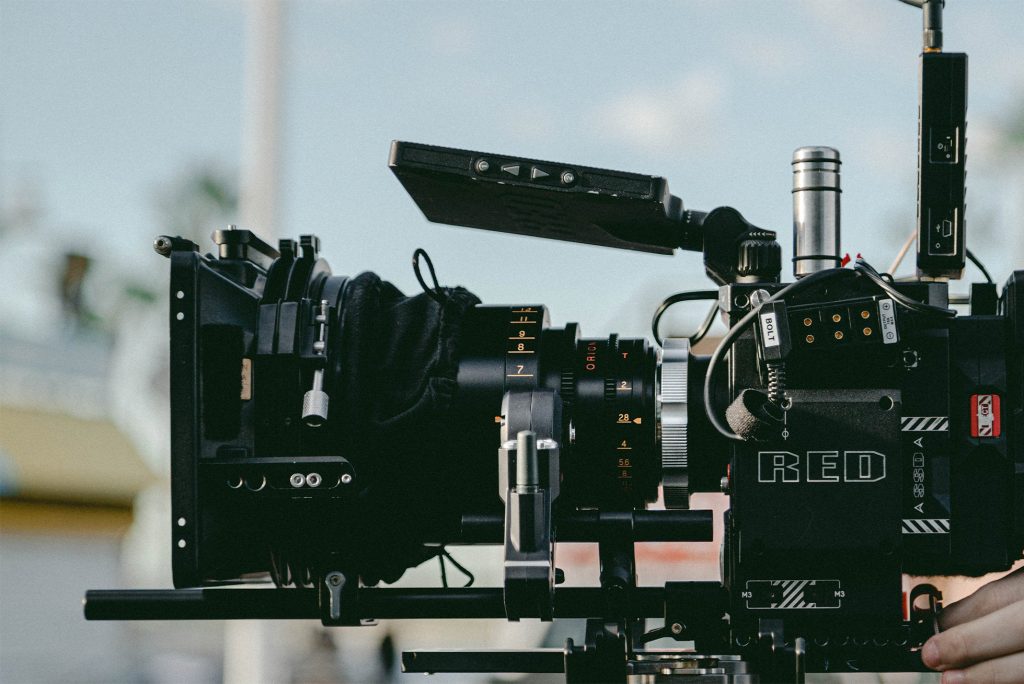
Filming in Botswana
Hiring a fixer in Botswana
Botswana’s flag is blue, white, and black. Blue represents water, very precious to this nation which can get virtually no rain for 6 months every year. Pula, the national currency, and toasting salutation, also means rain. With a little over 2 million people, Botswana is one of the world’s most sparsely populated nations, yet one of the richest in pristine wildlife and dramatic scenery, as per our fixer in Botswana and those he helped with their filming in Botswana.
Cultural facts
Rolling without film permits in Botswana is not the only thing you should not do. It is considered extremely rude to point to people. Always use a lock or plastic wrapping service for your checked luggage. Avoid drinking tap water or ice made from it. Do not confuse Batswana (people from Botswana), Motswana (one person from Botswana), Tswana (member of a Bantu-speaking people), and Setswana (language). Do not take away any living or dead animal or animal trophy without a government permit.
Weather when filming in Botswana
Botswana has a subtropical desert climate, with great differences between day and night. It receives virtually no rainfall for six months. Winter and summer are at opposite times of the year to Europe and North America. The best time to be filming in Botswana is during the dry season – May to October. You can expect 22°C to 35°C and chilly nights. The water levels in the Okavango Delta would be at their highest, creating the waterways and channels Botswana is famed for.
Tax rebate in Botswana
At present, there are no tax incentives for films shot in Botswana. The country is one of the most expensive destinations to visit in Africa, but it is on every safari-goer’s list for its vast swathes of untamed wilderness, fence-free national parks, and wealth of wildlife. The country has adopted a conservation strategy based on high-end, low-volume tourism, which means it is free of crowds and mass-market resorts. Our fixer in Botswana will advise you on how not to break the bank.
Conclusion on filming in Botswana
Most foreign nationals can visit Botswana without a visa for less than 90 days. Make sure to check the most up-to-date information about your country or let us handle your travel documentation and other paperwork. At the same time, we can obtain your visa (if necessary) and all sorts of licenses.
Film permits for protected areas will be granted for named people and each crew member will pay a weekly fee to be allowed in the park. Furthermore, we can also arrange for off-road vehicles, allowing you to access more remote park locations. If you want to find out more about how shooting in national parks is like, contact us and we will ask our fixer in Botswana to tell you about the challenges and how he overcomes them.



